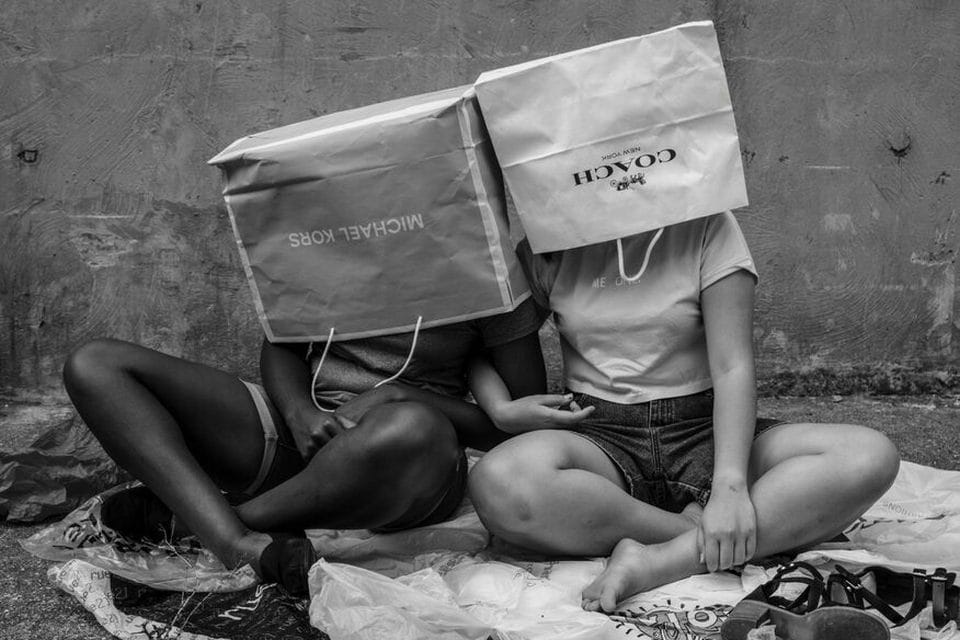The Negative Effects of Consumerism on Our Mental Health
The story of our lives can be told by the various objects around us that we treasure. This isn’t all there is to us, to be sure, but it can say plenty about us. We have cherished books, furniture inherited from a beloved relative, sneakers or shoes that have their own shelves in a closet, pictures in frames that tell of treasured memories with loved ones, trinkets that are prominently displayed on the mantlepiece, and so much more. The things we own and treasure say a lot about us, but they can never tell the full story. Nor should they. Carl R. Trueman notes that when we become over-attached to our material goods and possessions to the point that our sense of meaning or worth is determined by them, we are caught up in consumerism. Consumerism can affect us in many ways, including our mental and emotional health. Living in a Consumer Society Our society is the most affluent in human history. That affluence may not be evenly distributed, but we’re living in a country where we can acquire goods and services cheaply, and things can be easily discarded, and new things obtained. Each year, there is a new iteration of some gadget or product, and the incessant message is that the new one is better, and you’re missing out if you still have the older version. Upgrade now! It’s made easy to simply “upgrade” to the new thing; incentives are offered, whether it’s trade-ins or some discount offered to draw you in. If it’s not that, with things like fast fashion, you can get items that are cheaply made and don’t cost much to buy. It’s easy to lean into the “buy two and get the third one free”, because why not? And because it’s [...]







